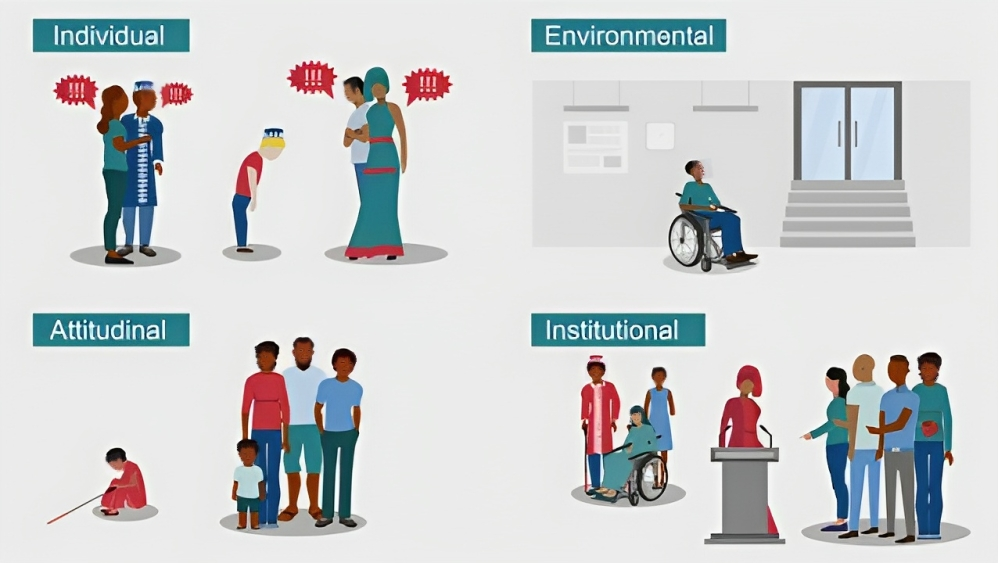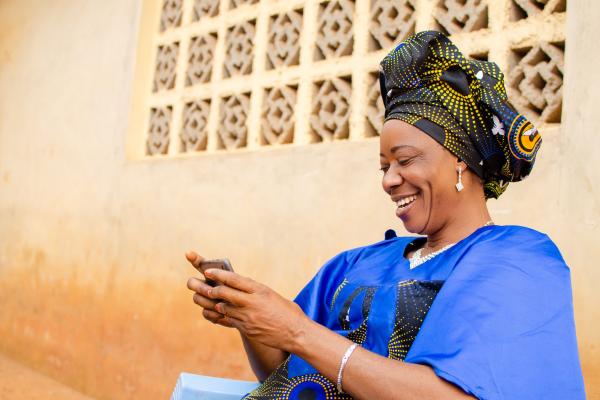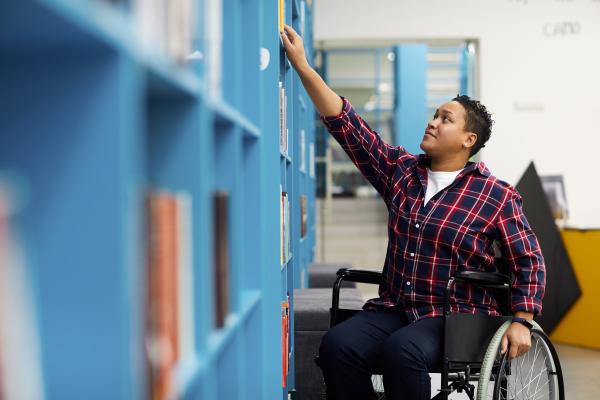Evidence Brief - What works in leadership and governance for mental health: a rapid evidence review
This evidence brief examines what works to advance leadership and governance for mental health at all levels and across sectors, and provides examples of effective interventions in this area.



